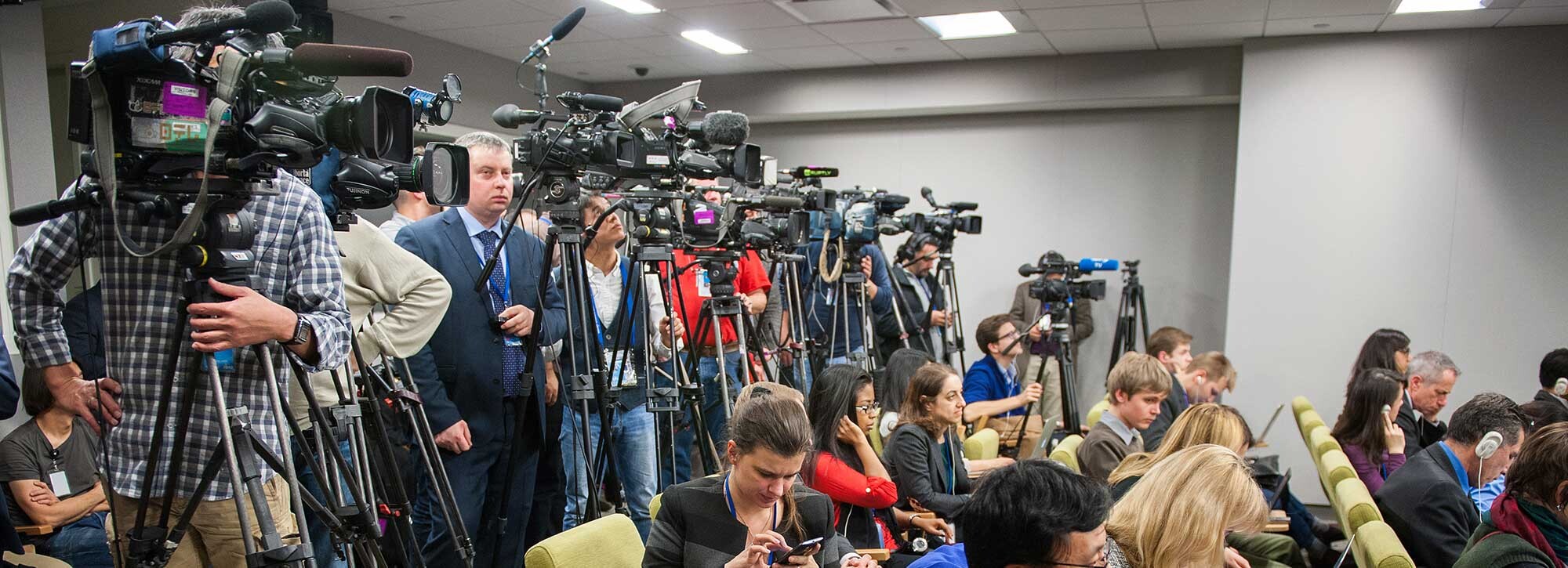About the Case
Activists and investigative journalists have used undercover video and other investigative techniques to publicize the inhumane and cruel treatment of cows, chickens, and other animals on factory farms and dairies. Approximately half a dozen states around the country have responded to by enacting “ag-gag” laws that make it illegal to engage in these kinds of undercover investigations in order to prevent further bad publicity. After Idaho passed its ag-gag law, a coalition of animal welfare groups, journalists and civil liberties organizations sued to enjoin it. The District Court found that Idaho’s ag-gag law was a content-based restriction on speech in violation of the First Amendment, and that it was motivated by unlawful animus against animal rights activists, in violation of the Fourteenth Amendment. Idaho has appealed the decision to the Ninth Circuit.
MFIA wrote an amicus brief on behalf of the Floyd Abrams Institute for Freedom of Expression in support of the plaintiffs-respondents, a coalition of animal welfare groups, journalists and civil liberties organizations, who challenged the constitutionality of Idaho’s “ag-gag” law. We argued that the First Amendment confers a right to record matters of public concern. The history of recording and photography demonstrates the importance of these activities to public discourse. And the First Amendment’s structure makes clear that these precursors to speech must receive its protections if public discourse can be considered truly free.
